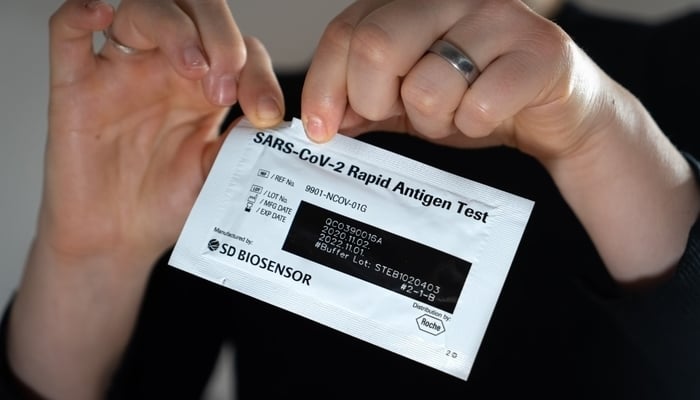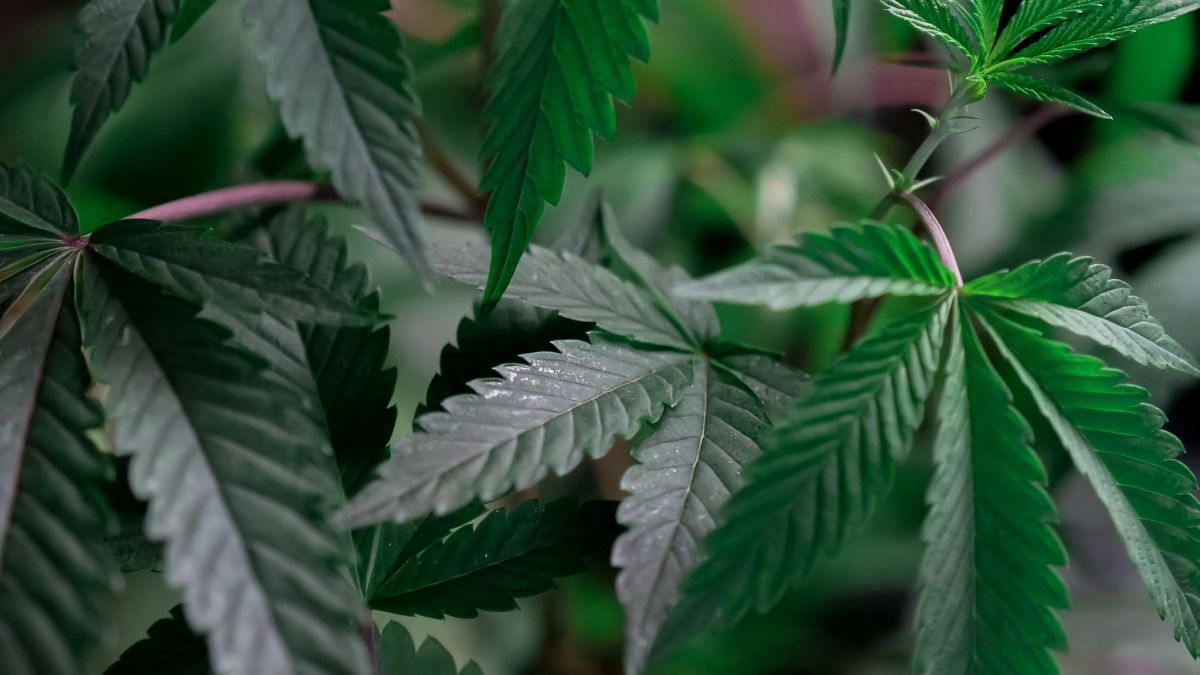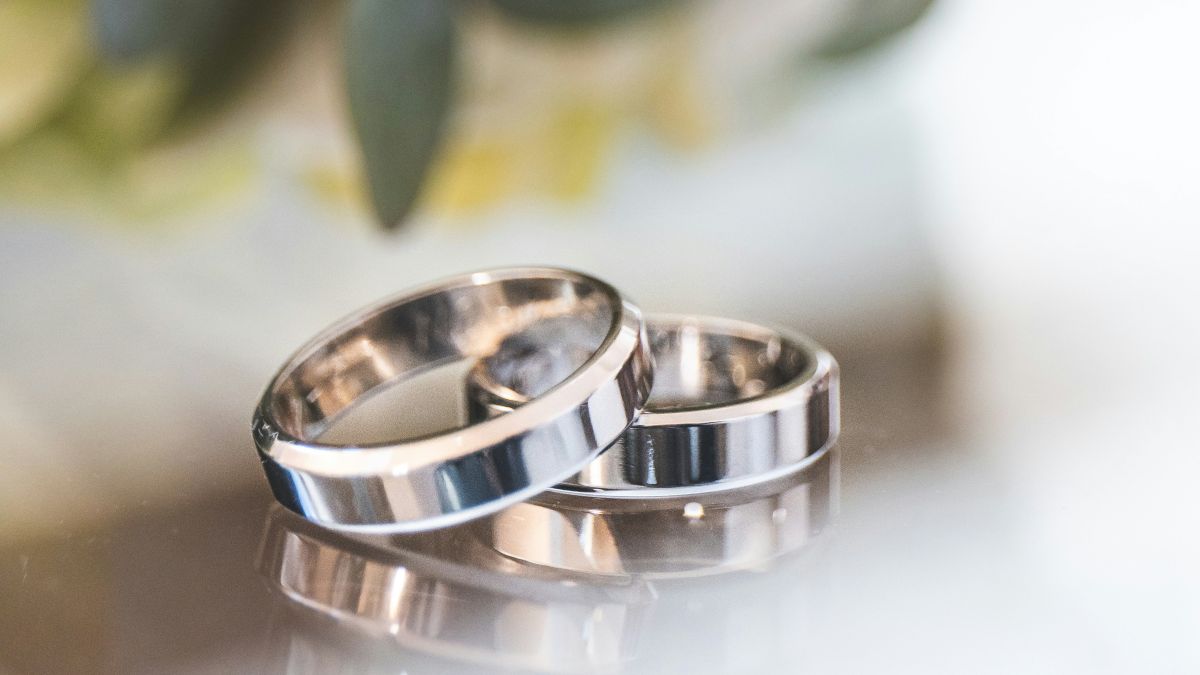Have any questions about the recent CDC ruling to COVID test anyone getting on a plane to the United States? We try to answer them here.
It felt like the world stopped yesterday when the Centers for Disease Control (CDC) announced that from January 26, 2021, all travelers flying into the United States would need to present a negative COVID-19 test to board their plane.
For tourists, tourist businesses, and US expats in Central America, this news comes as a bitter blow. Most tourists and expats in Central America come from the United States, and most tourist companies cater to American travelers.
Planning a trip to an international destination? A negative #COVID19 test result or documentation of recovery from COVID-19 is now required before you return to the United States: https://t.co/3uCF5SDZAq. pic.twitter.com/GL0ooYU36y
— CDC (@CDCgov) January 13, 2021
Social media has been buzzing since the ruling came down the pipeline.
Every travel and expat Facebook group in Central America has seen questions, rants, confusion, and panic. And quite a lot of disinformation, too.
That’s why we decided to put together as much information as we know about the ruling in one space.
So what do we know so far? Below, we’ll try to cover all we know, and answer all the questions you may have, whether you’re a tourist, expat, or travel pro.
The first thing to clear up is exactly who this ruling will affect.
There’s been a lot of confusion over the wording here, leading some people to believe it doesn’t affect US citizens. Let’s start there.
Unfortunately, it does affect US citizens. We agree the wording can lead to confusion, as the CDC statement doesn’t specifically say “US citizens must be tested too”. The CDC says “all air passengers entering the United States”. In this case, all means all.
This new ruling is an extension of a December 24, 2020 ruling requiring travelers entering the US from the UK to take a COVID test. As most travelers from the UK couldn’t enter the US anyway, they directed this ruling at US citizens in the UK, without actually saying that. The new ruling is the same.
Airline crew, military personnel, and travelers under the age of two are the only groups exempt.
But can the United States ban its own citizens from entering the country?
According to the Trump administration, yes it can. It explored the possibility of not allowing citizens to enter the United States last year.
The idea was to use existing CDC powers to block a citizen from entering if an immigration official “reasonably believes that the individual either may have been exposed to or is infected with the communicable disease.”
Any such ruling would always be on an individual basis, and not for blocks of people, say, travelers from Central America (or anywhere else).
Nothing happened in the end over this, and according to the ACLU, “US citizens cannot be denied entry to the US for any reason.”
“…..they fear the Trump adm. will not lift the severe restrictions on immigration once the threat from the pandemic is over.”
Trump Considers Banning Re-entry by Citizens Who May Have Coronavirus https://t.co/linSUIwxnV— DigitalNomad ? (@westisbest14) August 11, 2020
But here’s the thing.
The US isn’t banning its own citizens with this ruling. They’re tossing it over the the airlines instead. US citizens can enter their own country, but airlines can’t bring them in without a test.
It’s like the old rule about Cuba, remember that one? It wasn’t that Americans weren’t allowed to go to Cuba, just that they weren’t allowed to spend any money while there.
The CDC doesn’t want to get into a legal or constitutional tussle over disallowing US citizens from entering their own country. But there’s nothing wrong at all in telling the airlines that said citizens need to have a negative COVID test to board a plane to the US.
So that’s what’s happening.
What do the airlines think of this?
Believe it or not, the airlines have been lobbying for this for some time. They’re quite happy about it.
Say what I hear you ask?
The first thing to remember is that on a global scale, the amount of air traffic between Central America and the USA is small. These are not the most important routes for most US-based airlines.
If you’re a Latin American-based airline like Copa or Avianca, yes, these routes are vital. Not so much if you’re United or American.
If you’re United or American, you’re more interested in salvaging your routes between the US and Asia or the US and Europe. These represent the bulk of international air travel to and from the US, and they’ve been decimated by travel bans.
The airlines desperately want to revive these routes and have been lobbying for mandatory testing as a way to open them. They want to see last year’s travel bans lifted in favor of a testing system.
“We believe a well-planned program focused on increasing testing of travelers to the United States will further these objectives in a much more effective way than the blank travel restrictions currently in place,” wrote Airlines for America CEO Nick Calio in a letter to Vice-President Mike Pence on January 4.
A4A is an airline industry association representing Alaska, American, Delta, Hawaiian, JetBlue, SouthWest, United, and others.
In a statement yesterday, United said the ruling was “the key to unlocking international borders.”
As far as the airlines are concerned, if the government can lift the travel bans existing between US and its largest markets, and install mandatory testing instead, they’re happy to go along with that.
That’s all they care about, and our little routes to and from Central America don’t really factor into the equation for them. Sure, they’re nice, but not essential.
That said, there’s no indication that the US government will lift the travel bans currently in place, which may well see the airlines take another stance.
I would imagine they want something in return for becoming the US governments bogeymen over this issue. Bailout money, travel bans lifted, or both.
Testing ON TOP of travel bans is not something they have any interest in. We’ll see.
So that’s the deal. The new rule is for US citizens and don’t expect help from the airlines. What about the test itself?
U.S. airlines call for testing to replace bans https://t.co/6S6VIqXpMC
— Travel Weekly (@TravelWeeklyUS) January 5, 2021
What type of test will I need to travel to the United States?
The CDC says you’ll need a viral test to board a plane to the United States. There are two types of test available, viral and antibody. A viral test tells you if you’re currently infected with COVID and an antibody test tells you if you used to be infected.
For this ruling, airlines will insist on a viral test, taken within three days before their flight to the United States departs. Viral tests themselves come in two types, the PCR tests and the rapid antigen tests. The CDC will accept both for travel to the United States.
To repeat, airlines will accept both PCR tests and rapid antigen tests for travel to the United States.
Once a traveler is back in the States, the CDC recommends they take another test three to five days later and quarantines for at least seven days. These are recommendations rather than restrictions.
What about if I’ve already had COVID or if I’m vaccinated?
In its release, the CDC said, “Air passengers are required to get a viral test within the 3 days before their flight to the U.S. departs, and provide written documentation of their laboratory test result (paper or electronic copy) to the airline or provide documentation of having recovered from COVID-19.”
The clear implication here is that if you’ve already had COVID and recovered (and can prove it in writing), you don’t need the test.
But if you’ve been vaccinated, that doesn’t count. Vaccinated travelers will still need to get a test to travel to the United States. This seems absurd, and kind of makes us wonder what the hell the point of the vaccination is, but there you go.
The rationale behind this is that vaccinations don’t stop you from getting COVID or from spreading it. All it does is stop you from getting sick from COVID.
So does this mean that once everyone is vaccinated, and COVID becomes nothing more serious than a childhood cold (as the New York Times suggests today), we’ll still need testing?
Who knows. Not to mention that people can get COVID more than once, rendering proof of prior infection as a way to avoid testing pointless. But go figure.
The short answer is that if you’ve already had COVID you don’t need a test as long as you can prove it in writing. And if you’ve been vaccinated you still need to test. For now.
Once most adults are immune to the coronavirus — after natural infection or vaccination — it will be like the common cold, scientists predict in a new study in the journal Science. https://t.co/fV6FAjf4wA
— The New York Times (@nytimes) January 13, 2021
Where can I get tested in Central America and how much does it cost?
This is the biggest question we’re seeing on the socials. The good news is that testing is available in most countries.
Below, we’ll outline some of the most-recommended testing centers in Central America for travelers to get their COVID tests before flying to the States.
In Belize there are two main options for travelers to get a COVID test. Belize Medical Associates and Belize Healthcare Partners. Both facilities are in Belize City, although other options also exist in San Pedro and Belmopan.
The cost of a PCR test at Belize Medical Associates is $225, while a rapid-antigen test is $112.50. The PCR takes 24 hours for a result and the antigen one hour. Belize Healthcare Partners does a rapid antigen test in two hours for $75.
The most-recommended testing centers in Guatemala are Blue Medical Guatemala and TecniScan.
TecniScan will do a PCR test for $77 and a rapid antigen test for $35 with results for both delivered via email in 24 hours.
As of Jan 26, the CDC will require all arriving air passengers to bring along a negative COVID-19 within 72 hours of travel. Here’s where to test in Belize.https://t.co/bJw36eNhML
— Caribbean Culture + Lifestyle: Belize (@caribbeanbelize) January 13, 2021
We’re getting these recommendations from people on the ground posting on social media.
We’re not seeing much info out of Honduras, though. So we’ll rely on the US Embassy here for info on testing centers in Tegucigalpa.
There are a few testing centers in Tegucigalpa, and you’re looking at between $18 and $30 for a rapid test and around $140 for a PCR.
On the island of Roatan, there are also plenty of options, available in this document. It’s more expensive here than in Tegucigalpa, with rapid tests ranging from $80 to $100 and PCR tests over $200.
In El Salvador, the most-recommended option is Max Bloch in San Salvador. They’ll do a PCR test for $165 with results the next day. If you get the test before 10:00 AM, you’ll get the results on the same day.
There’s only one testing center in Nicaragua, the Hospital Conchita Palacios Central MINSA in Managua. They’ll do a PCR test for $150. There’s a great blog post out today on New Nicaragua well worth reading for more info.
Costa Rica has a bunch of COVID testing centers.
In the interests of brevity, we recommend this excellent post from the guys at Two Weeks In Costa Rica who’ve gone through Costa Rica with a fine tooth comb looking for testing centers. Anything we’d write ourselves would just be the same as them.
Prices range from a hair under $100 to over $200 depending on where you are in the country. Some testing centers will go to your hotel and test you there (for a price).
In the San Jose area, the following places offer tests: Laboratorios Echandi, Hospital La Católica, Hospital Cima, Laboratorios Labin, Clínica Bíblica, Laboratorio Páez, Laboratorios San José, and Hospital Metropolitano.
The most-recommended option in Panama is Laboratorio VidaTec.
They’ll do a PCR test for $90 (antigen $45) with results in less than 24 hours. You can even contact Mike Kelly from VidaTec by WhatsApp (6614-1448) to arrange your appointment.
How will all this play out for the travel industry?
That’s the multimillion dollar (literally) question. It looks bad right now. Most tourists to Central America come from the United States. The expense and hassle of getting a COVID test to return home might well put a lot of people off.
But it won’t put everyone off, as long as tourism companies and governments get smart about this.
One thing they can do is make testing easier and cheaper. All testing, even PCR testing, should come in at way under $100. Costa Rica’s ICT said today this was one of their goals.
Some airports in Central America (Guatemala City, Belize, and Panama City) offer rapid testing for arriving travelers. They’re much cheaper than the private clinics.
Why don’t these airport testing centers also cater to departing travelers if they get to the airport early enough before their flight? That would be another game changer.
BREAKING: Ellume’s over-the-counter, at-home, 15-minute #COVID19 antigen test receives @US_FDA Emergency Use Authorization. The first OTC fully at-home #rapidtest. No prescription required. https://t.co/YrzlF0GuQa pic.twitter.com/GkHXQRbtrZ
— Ellume (@EllumeHealth) December 15, 2020
Could insurance companies begin including the COVID test in their policies?
Costa Rica is the only country where COVID insurance is mandatory. There’s no doubt now that mandatory testing will mean more claims. They’ll find positive results in some returning tourists, triggering insurance claims.
Can they work something out here? I don’t know, I’m not an insurance expert by any means.
Can travel companies and hotels make deals with testing companies to include the price of a test in a stay or an itinerary? That’s worth looking into.
And then there’s science. If testing gets easier, so that we can all do it ourselves, then it’s problem solved. The FDA has already granted approval to Ellume, an Australian company with a do-it-yourself test they hope to sell in pharmacies all over the world. There’s more like that coming down the pipeline, too.
One thing for sure is that Central American governments who rely on American tourists will need to start thinking outside the box on this.
Any ideas anyone?
James Dyde is the editor of www.centralamerica.com. He lives in Escazu, Costa Rica.




